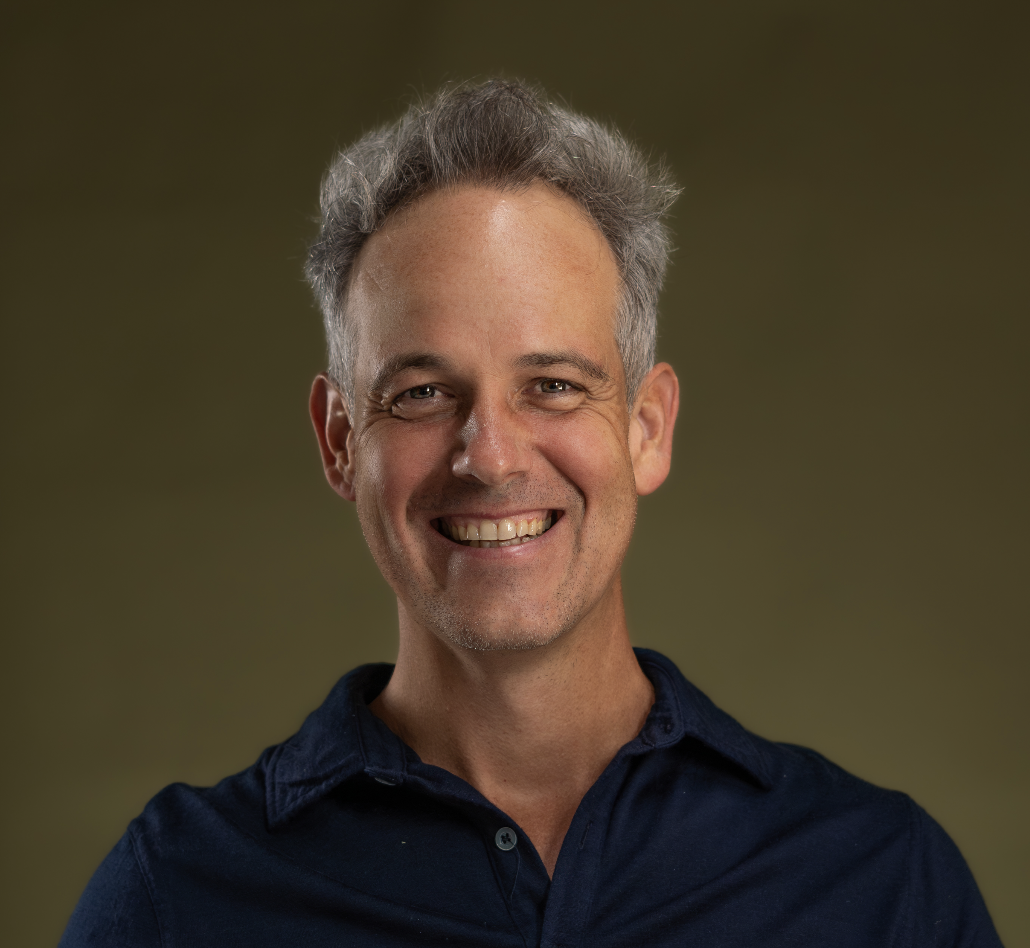Today, I feel awesome. I can't say the same for last week Wednesday through Saturday.
I'll avoid the paragraphs of self-pity. Instead, a quick summary: I thought I had food poisoning. After 36 hours of all the regular symptoms, assisted by our shiny new bathroom, my wife reckoned it was time to take me to the hospital. I felt absolutely terrible. I was put on a drip, pumped with all the regular medical goodness, and told I probably had a super virus. Then, I spent the next 2 days negotiating fevers and chills until Sunday when I finally felt human again and forget the taste of bile.
I can't remember the last time I was this sick. I'm humbled by a simple virus's ability to suck all the joy out of my life. And equally humbled by modern medicine and my immune system's ability to fight it off and win. And I say this in the context of a relatively harmless virus, when compared against ailments such as cancer, diabetes and HIV. I'm in no way comparing my experience to those suffering from longer-term diseases. But I can confidently say that serious dehydration, crazy fevers and uncontrollable vomiting is a sure-fire way to experience poor health, albeit for just 4 days.
In reflecting on the experience, I thought on three practical things i'd like to share:
1. Know your nearest Emergency Room (ER)
You never know when you'll need to visit an ER. You can't know where you'll be when you might need one one day, but assuming you spend a lot of time at home - it's a good idea to know where your local ER is. I visited Claremont Life Hospital ER. They were great. They were also sensitive to their patient's budgets and had great nursing staff. Where is your local ER?
2. Invest in your spouse
Obvious to most of us? Sure. For hundreds of reasons? Yes.
What I hadn't realised until this past week is that it takes an extra special effort, often in the context of some pretty unpleasant intimacy, to help someone who is very sick. My wife was hugely supportive, spent hours caring and worrying about me. That's partly because she is awesome, and partly because i've invested over 8 years in our relationship. It's these sort of investments that pay dividends at pretty important points in our lives. What I went through last week was mild compared to what I may go through later on in life. And I know my wife will be there for me. Because i'm going to continue to invest meaningfully in our relationship.
My mother recently spent the better part of 12 months supporting my father back to health when he was seriously ill. The extended experience took it's toll on her, but she dug deep... deep into the reserves that are built over the course of a 30-year marriage. She kept up her incredible support of him through some of the toughest times of their lives. That's a real dividend.
3. Appreciate good health every day you have it.
Holy smokes, i'm happy to be healthy again. I find that I rarely appreciate good health. I guess i've had it my whole life, and so I expect nothing less. I'm going to put a system in place to appreciate my health as much as I possibly can. I reckon i'll be happier for it, too.


